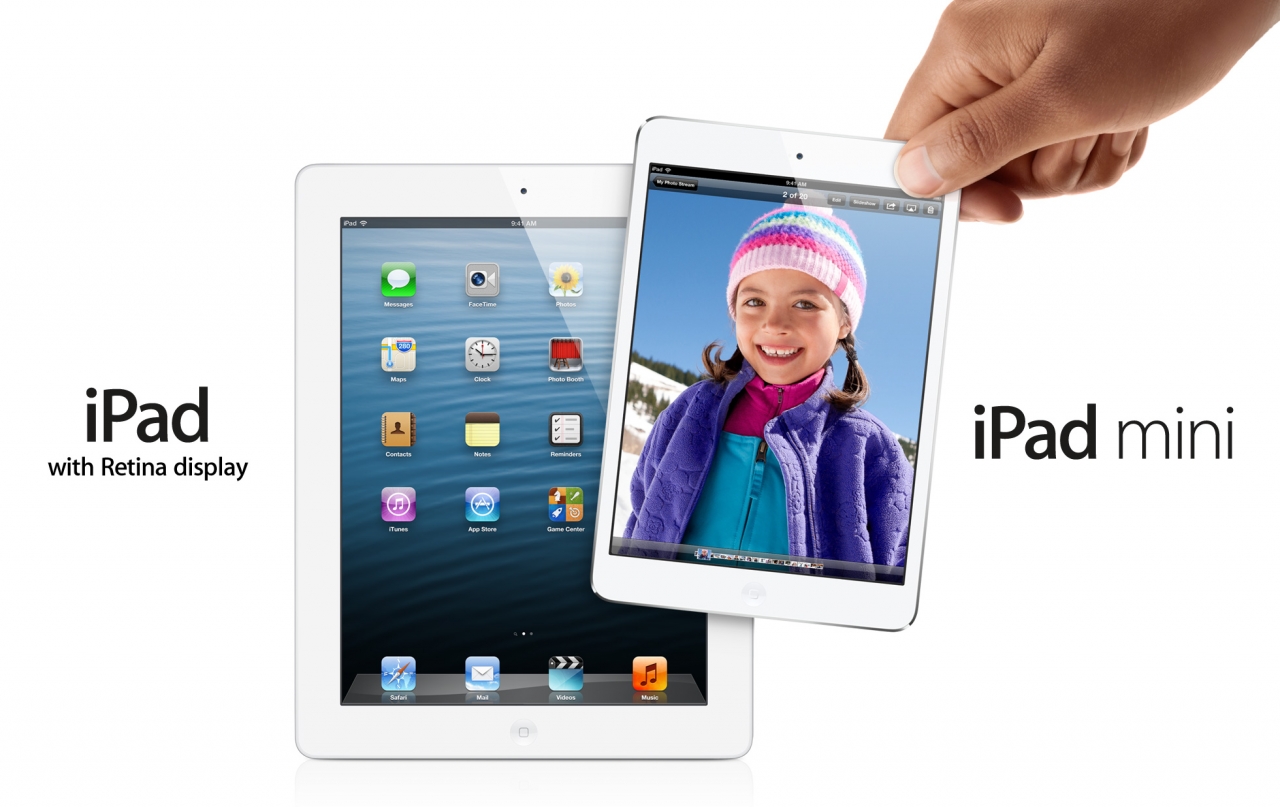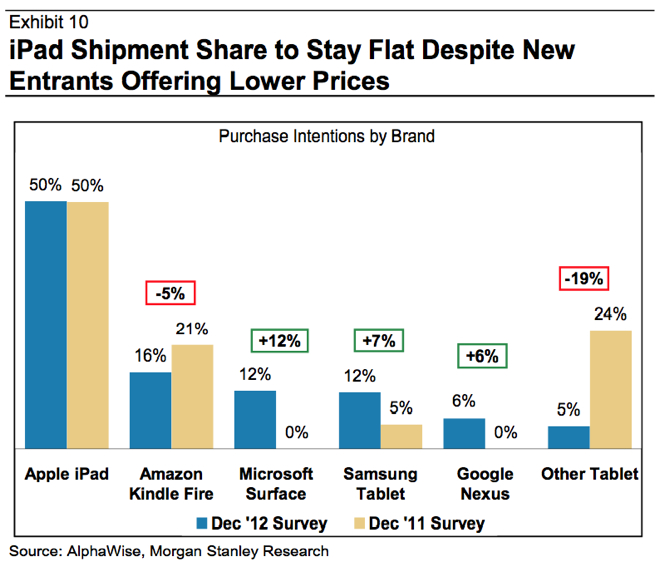Do you like this article?
The answer to that question is a quick NO.
One only has to look at the latest figures with Forrester Research suggesting that Apple will sell more than $39 billion in Macs and iPads in 2014.
What’s even more interesting about the given figures though is that
breaking it down between Mac and iPad sales reveals that iPad is (and
will be) outstripping Mac sales by about $4 billion in 2013 and by $5
billion come 2014.

This comes as no surprise, given the warm welcome the new iPad and
the iPad Mini got when it was launched last year. As usual, lines were
long were during the launch in Apple Stores around the world with the
iPad and iPad Mini going out of stock in a matter of days, if not within
the day itself as was the case in some places. Pre-orders were also sky
high with the tablets’ sales limited not by the demand, but mostly due
to the supply backlog. Of course, the holiday season with the surge in
demand it always brings added to increase in sales.
Concerns over the iPad Mini cannibalizing
the a portion of the full-sized iPad version are also proving to be
empty with a good portion (47%) of iPad Mini buyers being first time
Apple product users. This means that these users did not opt to replace
their old iPads with the Mini. However, with the way people have been
embracing the Mini, this may not be true in the long run.
While this is good news for Apple with their product placements
neatly in place, it makes the iPad an even bigger threat to other tablet
brands in the market. This is especially true for the multi-purpose
7.9-inch eBook readers/tablet, Kindle and Nook, with the iPad Mini
obviously disrupting their niche. In fact, the latest statistics from
Morgan Stanley Research for shipment share are already showing a marked
decrease in users’ intention to purchase Amazon’s Kindle Fire (-5%) and
other tablet brands (-19%), which is where the Nook falls under. The
only tablets that are proving iPad-resistant are Google Nexus (up 6%),
Microsoft Surface (up 12%), and Samsung Tablet (up 7%). The iPad, on the
other hand, will retain its 50% shipment share.
So whichever way we look at it, it is obvious that the iPad’s popularity is in no way declining and that it will continue to dominate
the tablet market until something new and better comes along.







